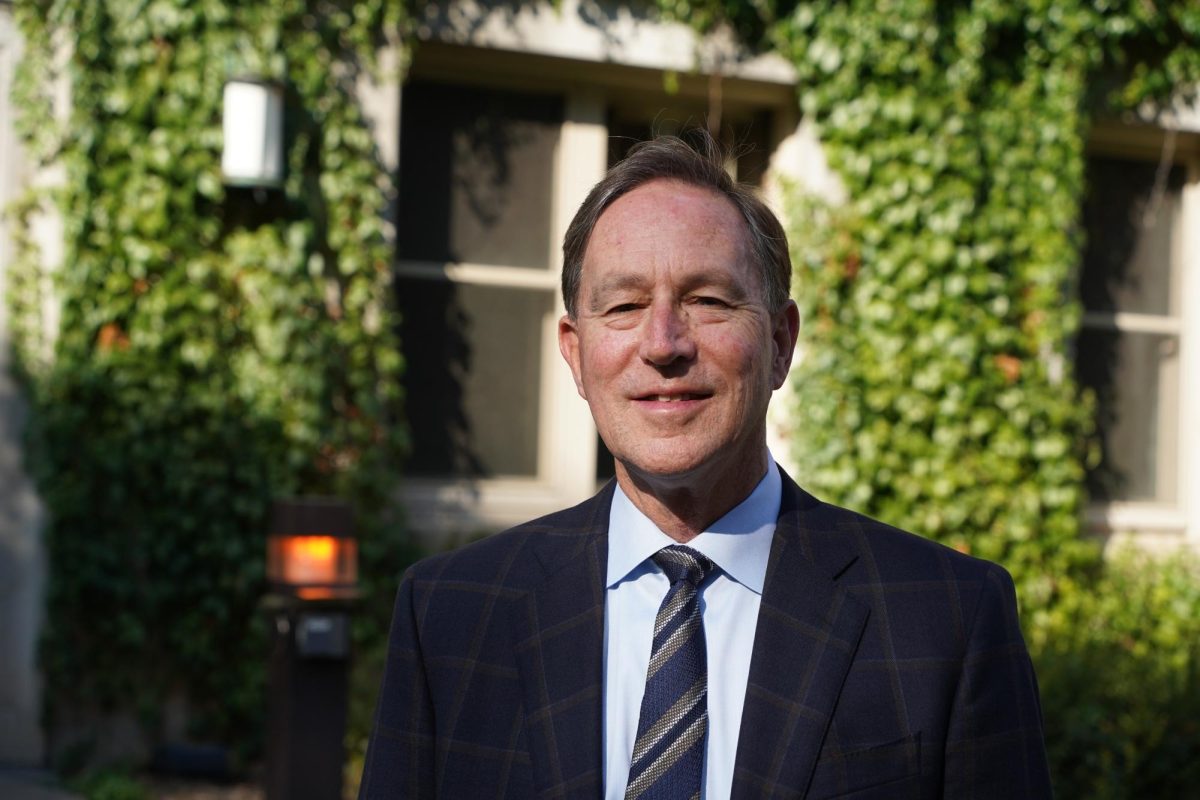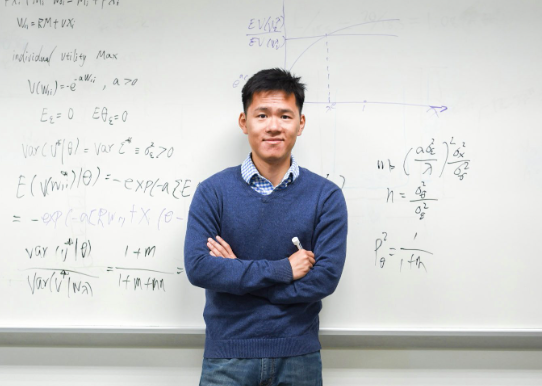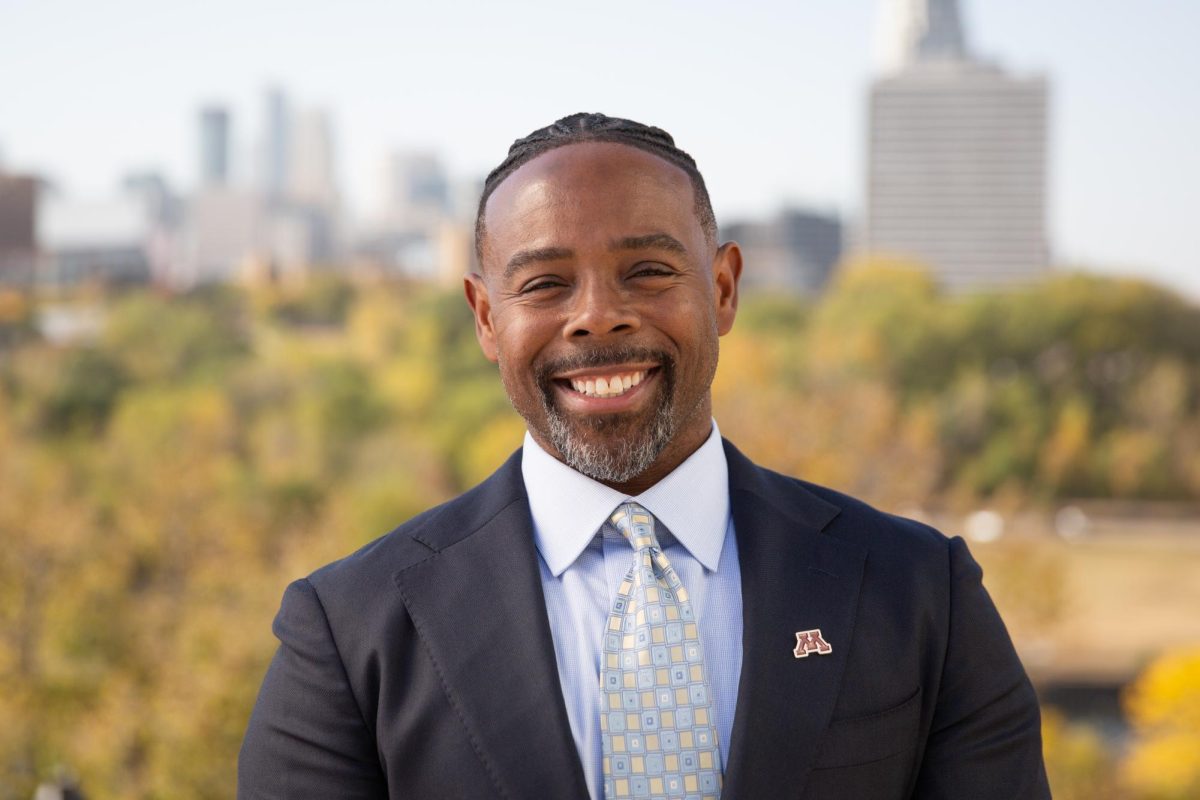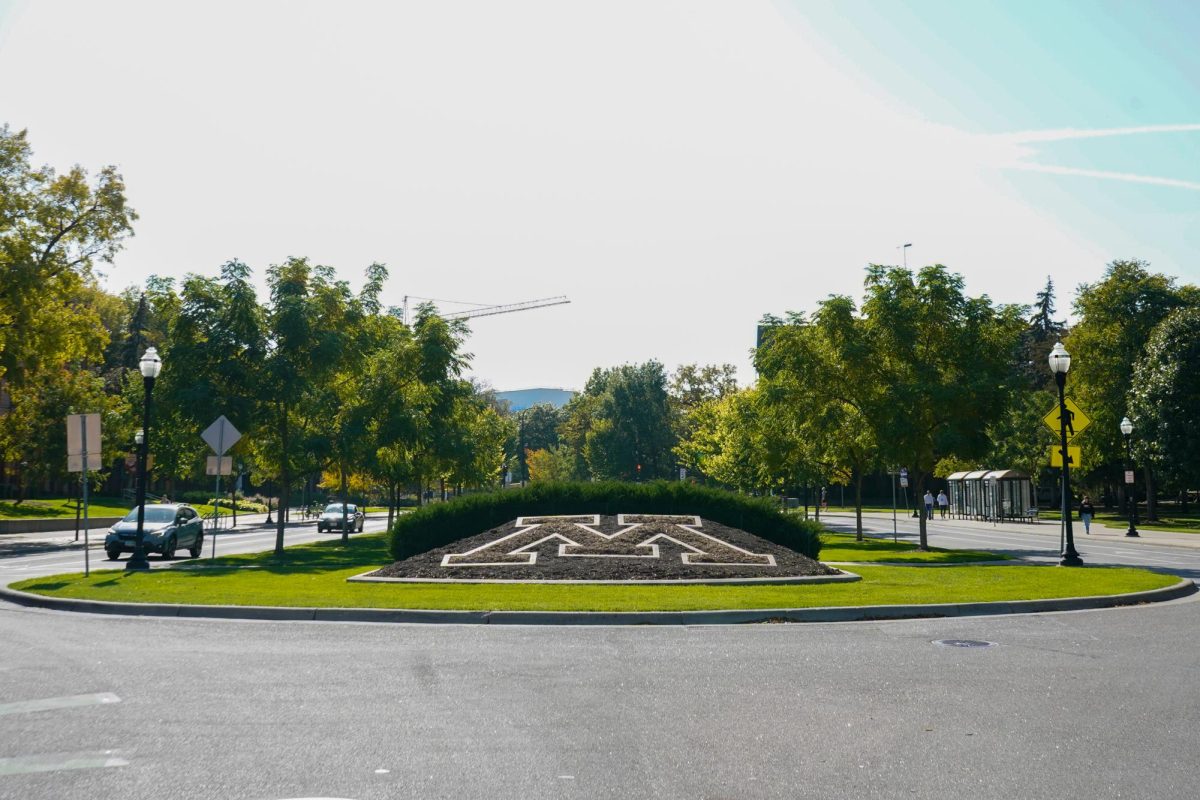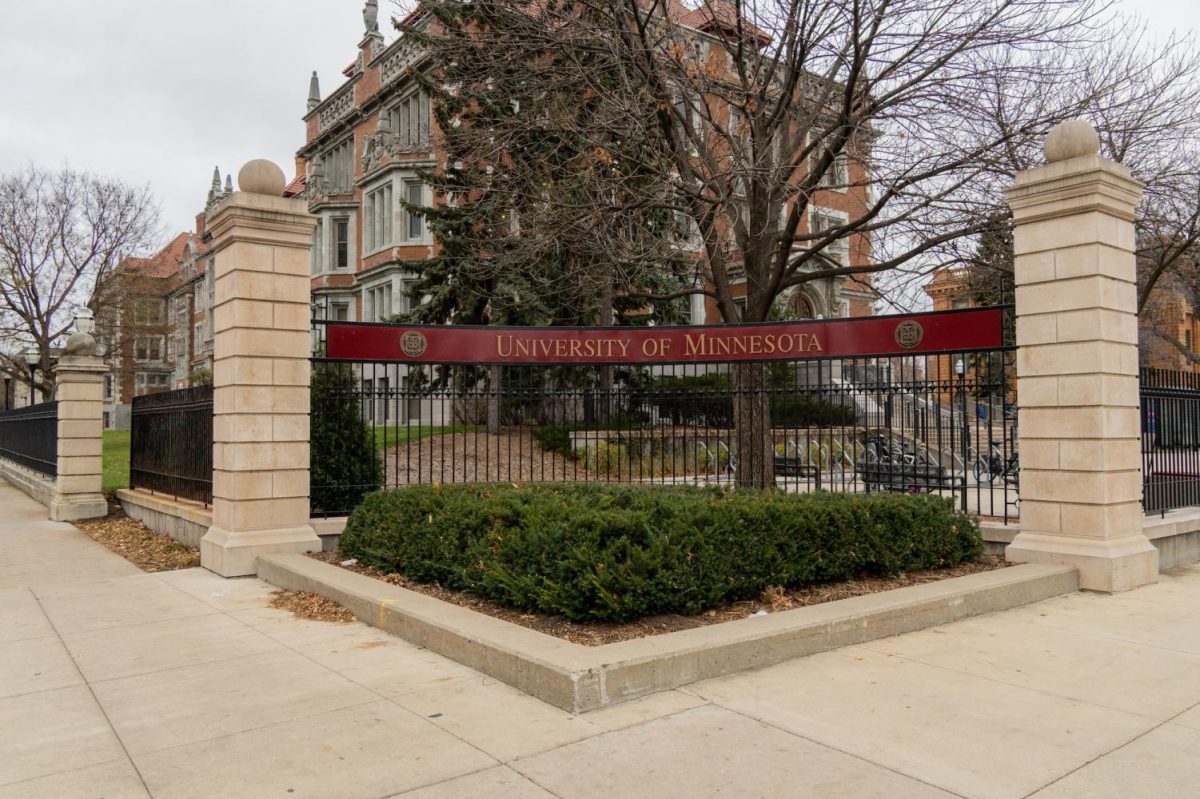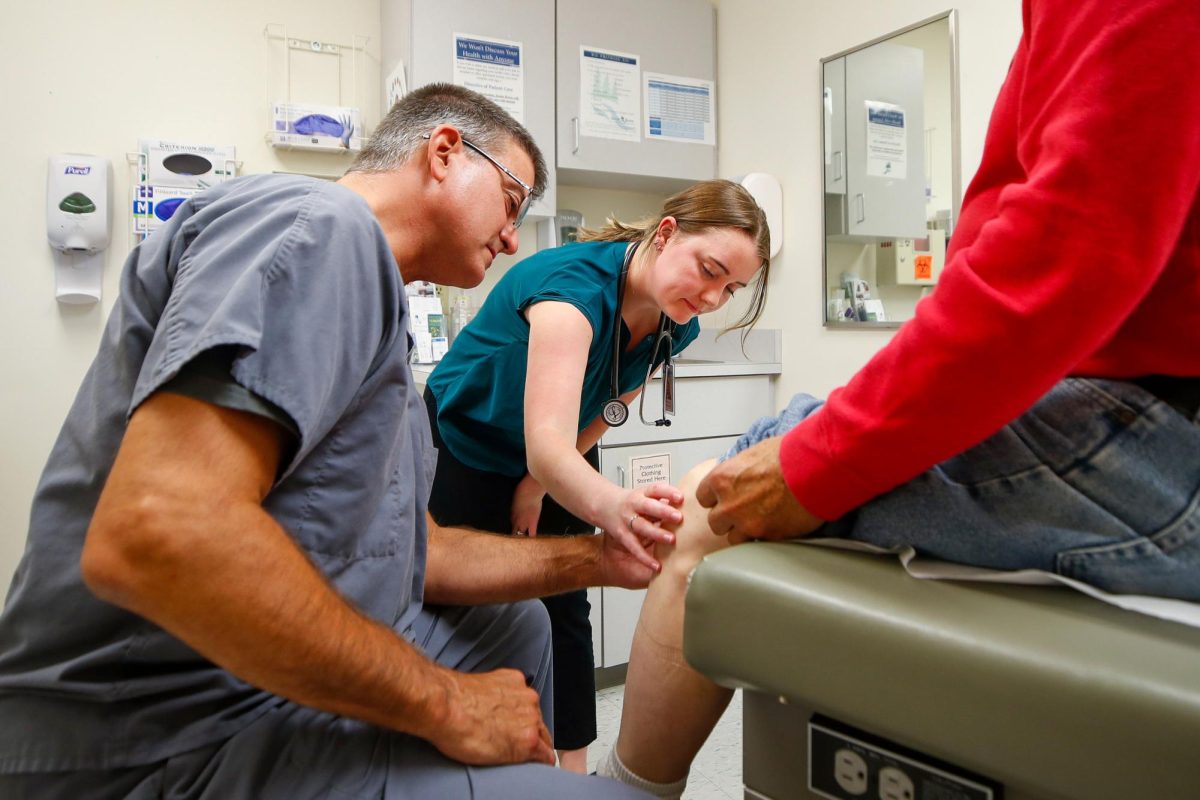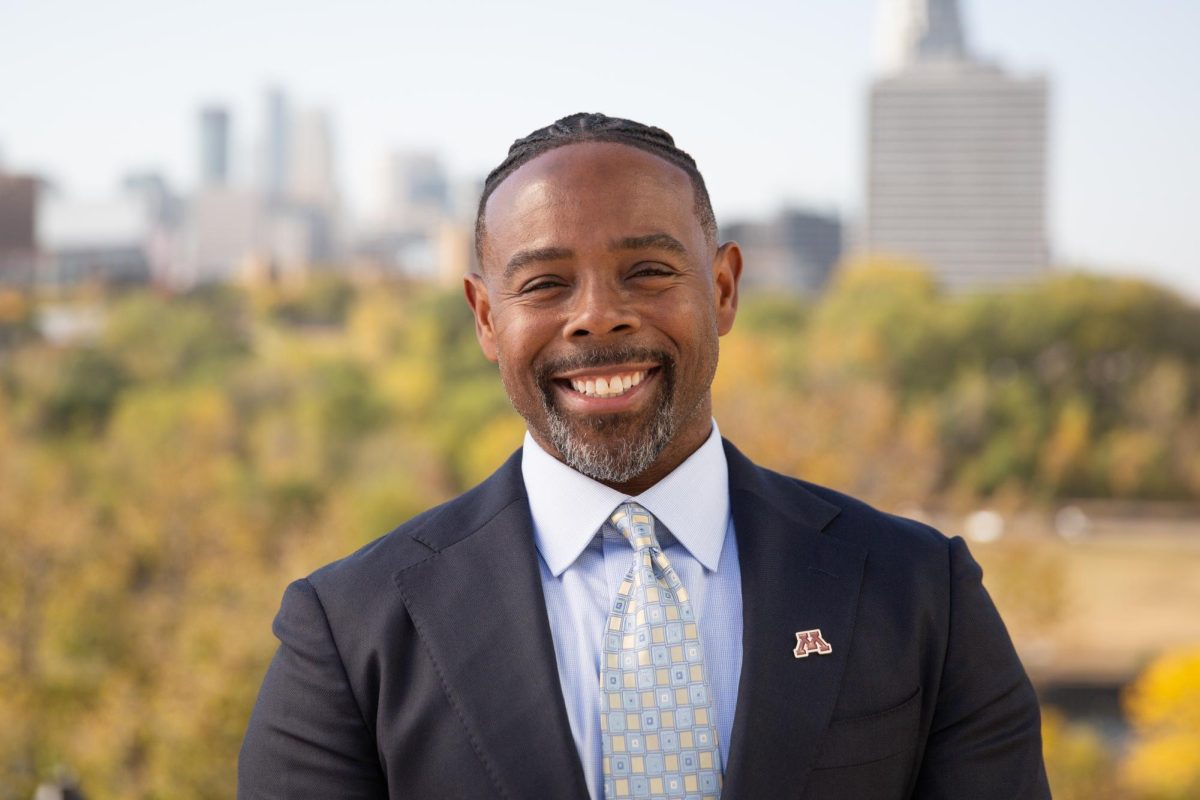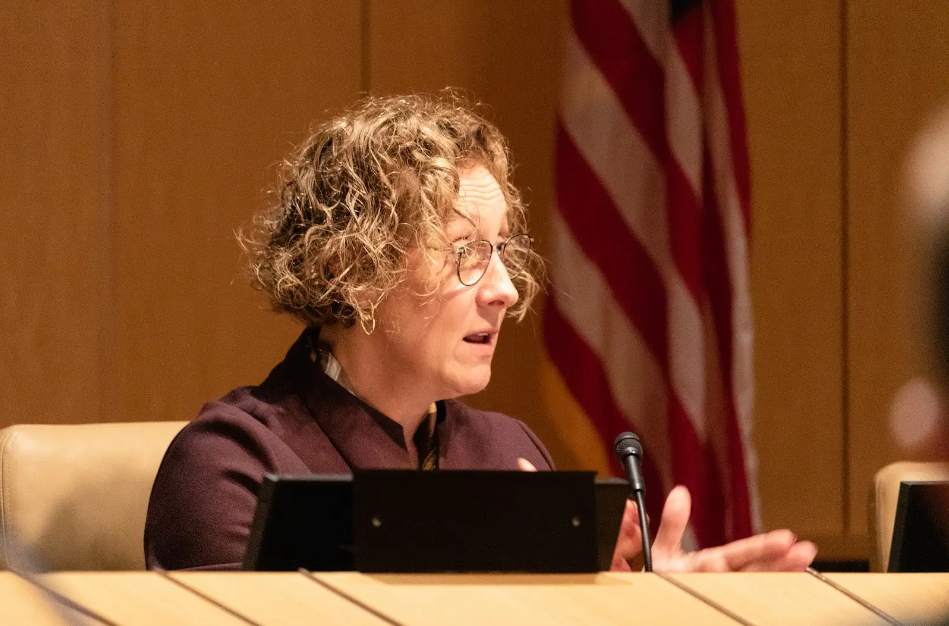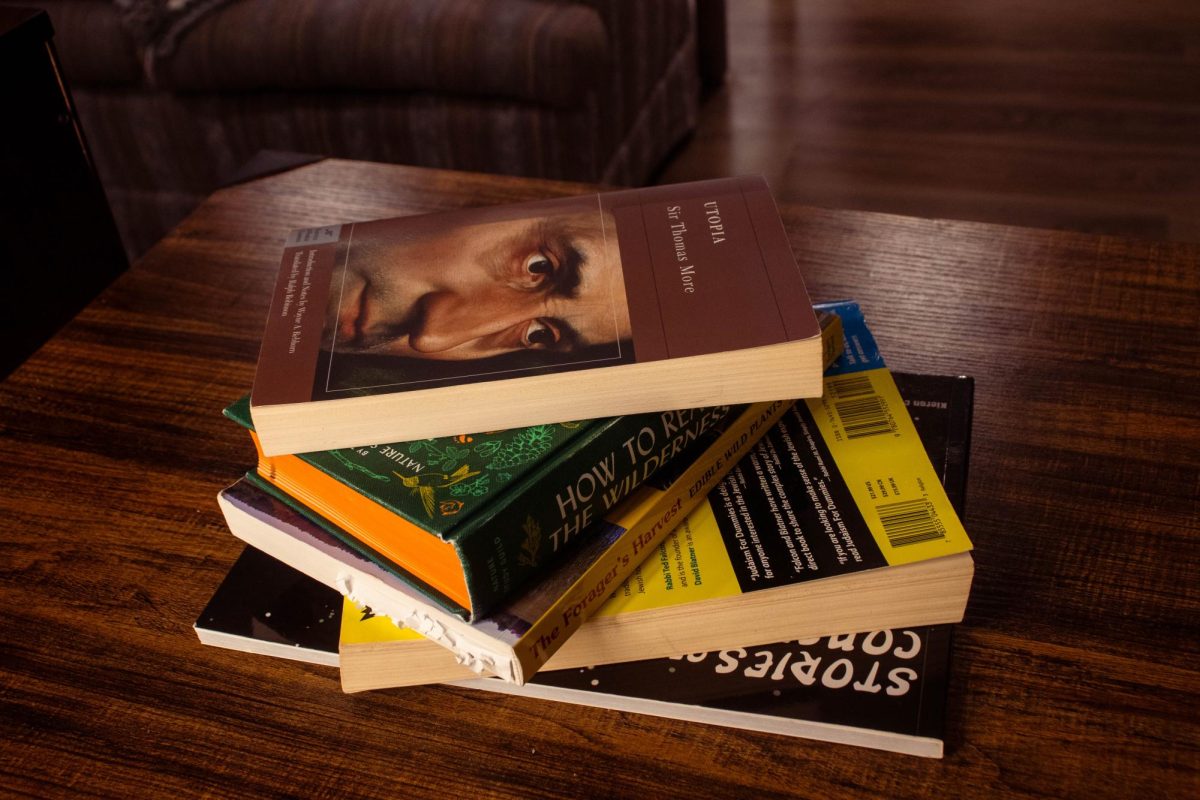The Minnesota Daily sat down with University of Minnesota Interim President Jeff Ettinger on Wednesday for an end-of-semester interview.
Among the topics discussed were the University’s response to the Palestinian-Israeli conflict, 2024 state legislative session budget requests and the future of the University’s partnerships with Fairview Health and CentraCare.
The Minnesota Daily: The University is going to be making a lot of requests for the 2024 state legislative session. Do you think you could break some of those down for us?
Jeff Ettinger: “Absolutely. So first of all, there will be a supplemental budget request. So last year, we requested that [the legislature] do budgeting using two-year increments, and we requested a $45 million supplement for year one and year two.
One of our goals will be to seek that same $45 million [for year two]. It’s really important to be able to offset potential tuition increases, to help our staff in terms of compensation and benefits and to make sure programs are remaining intact.
Good news today: I opened up the Star Tribune and saw that there is indeed still a budget surplus being forecast. It’s not the final forecast, but it’s $2 billion. When we were appearing before the Higher Education Committee, back about a month ago, Chair [Gene] Pelowski was very careful to point out there’s no new money unless they have a surplus to deal with, so this is at least an encouraging development toward that.
This is also a capital budget year, and we’ve really focused our request on an award called HEAPR, which is kind of maintaining your existing buildings all over the [University] system, so not just in the Twin Cities. We’ve been touring legislators around the various facilities and are hopeful that that will receive a high level of support.”
Daily: How did the University and Fairview Health come to the decision not to renew their shared contract for the next 10 years?
Ettinger: “Let me see if I could start with [what’s been] going on this weekend. A lot of it will become visible here this week. There is a task force meeting today, and our team will be presenting our vision and plan that we see as kind of a long-range ability.
We both knew that this deadline and year 27 of the current agreement was coming up at the end of December. Fairview made the decision to kind of issue their notice first, if you will.
At this week’s Regents meeting, we will be recommending to the regents that we kind of do the same thing to have it be clear that the old deal is not what’s going to proceed.
We are in conversations with Fairview. They’ve actually been stepping up here lately, and we’re optimistic as to where we’re heading to that.”
Daily: How are the University representatives on Gov. Tim Walz’s task force adjusting their recommendations to the governor as these new healthcare decisions are being made?
Ettinger: “I think they’ll be able to do that. They certainly have been briefed on the expansion of CentraCare that we’re hoping will also get approved at the Regents meeting this week.
In the long run, we hope that we’re going to be able to also expand the current Duluth [healthcare] program from being a two-year program to a four-year program. That will free up spots in the Twin Cities as well.
The recommendations of the task force are due to the governor on Jan. 15. This next month will be telling, and so today is kind of a pretty key presentation.”
Daily: In regards to the shooting that occurred in Dinkytown over the weekend, what will the University and University of Minnesota Police Department be doing in the future to make sure that they can be on-call for events like this, or to prevent events like this from happening again?
Ettinger: “It’s been a key effort of Chief [Matt] Clark’s to enhance the collaboration efforts with the City of Minneapolis Police that have primary jurisdiction in Dinkytown and non-campus areas.
I think they do a pretty good job in general. Even in this incident, I believe our force was there first. I mean, they really are on top of it.
Prevention of incidents is obviously the most important thing. We just need to collaborate and figure out what are some good ways to kind of minimize this type of thing from happening.
You know, the second question then becomes, if something does happen, the timeliness of notice. How can we make the sort-of parallel off-campus information be as prompt and robust so that people can react to it? So we are looking at that in terms of ways to have that be more effective.”
Daily: Does the University have an updated stance on the Palestinian-Israeli conflict?
Ettinger: “We did issue a statement early on, condemning the early terrorist acts and horrible events that happened in terms of Hamas crossing into Israel. We’ve tried to focus our attention since then on talking with members of the community on providing support.
One area in particular that’s drawn a lot of attention from some of the letters and from even legislators when I was at the Hill [in St. Paul] testifying was the notion of statements by departments or groups. And gee, are those being confused with the University statements.
We certainly have taken steps to clarify the existing policy: you need to be very clear in a statement that it’s coming from wherever you’re saying it is, and it’s not the University’s statement.
The sort-of general topic of if we should be even doing these statements and if so, under what rules, is clearly an area for consultative governance. Faculty are right in the middle of it. For example, the academic freedom committee of the faculty senate is looking at this very issue right now.”
Daily: What resources can you recommend on campus for both Palestinian and Israeli students who are seeking help or any kind of support during this time?
Ettinger: “These are terrible, troubling incidents that are obviously causing understandable concern on campus among students, staff, you name it. I have had the opportunity to have conversations and listening sessions with students, faculty and alums from groups representing both sides of the equation.
Clearly, one of the common themes I hear is safety on campus. Can I walk wearing whatever I want to wear? Can I not be accosted in terms of what my beliefs are or what my background is? That’s very important.
Resources clearly were strongly encouraging use of the Bias program. We have seen a step up [in its uses]. Last I looked, it had tripled from the same timeframe from a year ago, and the majority of them have unfortunately related to this.
Clearly any mental health challenges. We need to be on top of that. I know that the students have kind of one way to do it and the faculty and staff have a different way on that. So those are important. as well.
I know in talking with Provost [Rachel T.A.] Croson that we are actively seeking and making accommodations for students that, I’ve met some, that literally their families are from Gaza. They’re saying how can I focus on my school at this time when I don’t even know if my family is safe? And it’s certainly understandable that that would be the case. And so we need to be supportive in that regard.”
Resources for students affected by the Palestinian-Israeli conflict can be found here.
This interview has been edited for clarity, grammar and length.


